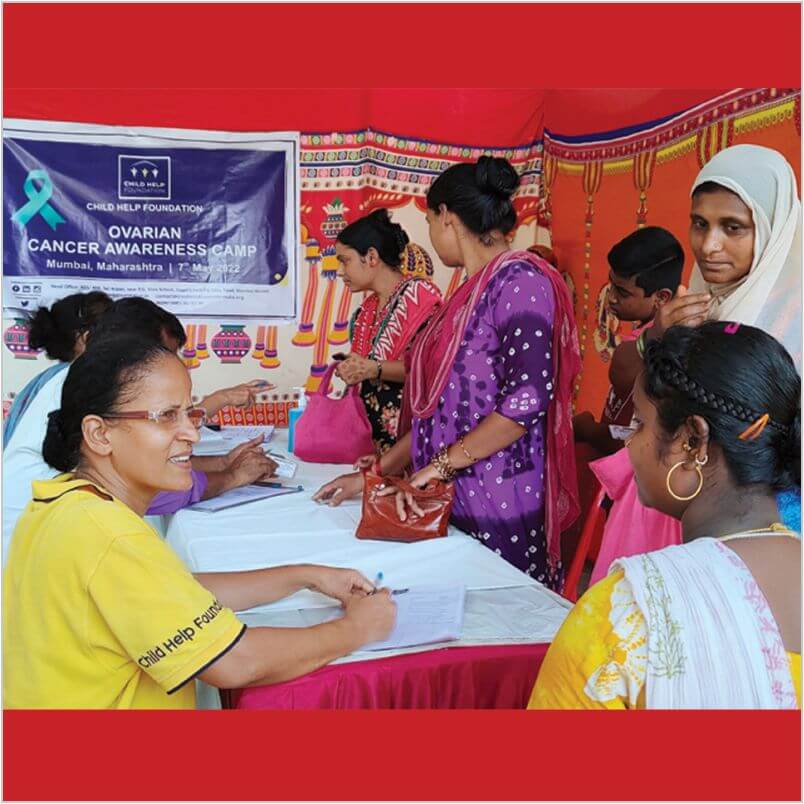Cancer is a formidable foe, affecting millions of lives worldwide each year. However, amidst the challenges posed by this disease, there's hope in prevention. Cancer Prevention Action Week serves as a crucial initiative to raise awareness, educate communities, and empower individuals to take proactive steps towards reducing their cancer risk. In this blog, we'll delve into the significance of Cancer Prevention Action Week and explore practical strategies to create awareness and promote preventive measures
Understanding Cancer Prevention Action Week
Cancer Prevention Action Week is an annual event dedicated to highlighting the importance of cancer prevention strategies and encouraging individuals to adopt healthy lifestyle choices. Typically observed in various countries, this week-long campaign scheduled from February 19th to 25th aims to educate people about risk factors, early detection, and lifestyle modifications that can significantly lower the incidence of cancer.
Cancer Prevention Action Week Theme 2024
In 2024, the World Cancer Research Fund has designated physical activity as the focal point for Cancer Prevention Action Week. The initiative aims towards highlighting the myriad benefits of staying active. The 'Make Your Move' campaign inspires everyone to integrate more physical activity into their everyday routines to lower the risks of cancer.
Key Objectives of Cancer Prevention Action Week

- Raise Awareness: The first step in cancer prevention is education. Cancer Prevention Action Week focuses on spreading awareness about the importance of preventive measures, such as maintaining a healthy diet, regular physical activity, avoiding tobacco and alcohol, and undergoing screening tests.
- Promote Healthy Lifestyle Choices: Lifestyle factors play a significant role in cancer development. This initiative emphasizes the adoption of healthy habits, including nutritious eating, regular exercise, maintaining a healthy weight, and avoiding harmful substances like tobacco and excessive alcohol.
- Encourage Screening and Early Detection: Early detection greatly improves the chances of successful treatment and survival. Cancer Prevention Action Week encourages individuals to undergo regular screenings for various types of cancer, depending on their age, gender, and risk factors.
- Empower Communities: By fostering a sense of empowerment within communities, this campaign encourages individuals to take control of their health and make informed decisions to reduce their cancer risk.
10 Ways to Stay Healthy and Prevent Cancer
Even some small changes can have huge impacts on your health and lowering the risk of your cancer. Try out these simple habits.
- Stay fit by including more physical activity and movement in your life.
- Limit your screen times.
- Eat a balanced diet rich in fruits, green and leafy vegetables and whole grains.
- Choose smaller portions and eat slowly.
- Cut out sugar.
- Pick out activities that you enjoy, and make it a habit by setting aside time for it every day.
- Instead of processed meat, eat chicken, fish or beans.
- Avoid fast food and store-bought snacks and turn to healthier options like fruits and salads.
- Avoid alcohol and smoking.
- Protect yourself from the Sun using hats, long-sleeve shirts and sunscreens.
- Always practice safer sex to avoid risks of sexually transmitted infections, like human papillomavirus (HPV), hepatitis and HIV.
Cancer Prevention Action Week serves as a vital opportunity to empower individuals with the knowledge and resources needed to reduce their risk of cancer. By raising awareness, promoting healthy lifestyle choices, encouraging screening, and fostering community engagement, we can make significant strides in the fight against cancer.
Child Help Foundation, in collaboration with its crowdfunding partner Filaantro, is deeply committed to aiding underprivileged children battling cancer. Through fundraising efforts, we strive to provide crucial support to these young warriors. Guided by the Sustainable Development Goal of Emergency Medical Support, we are proud to announce that 3265 financially constrained children have received life-saving treatments.
